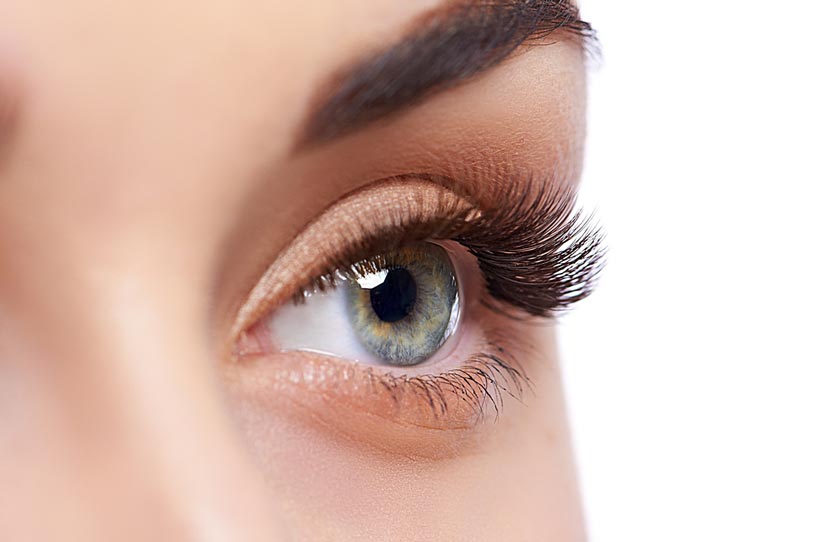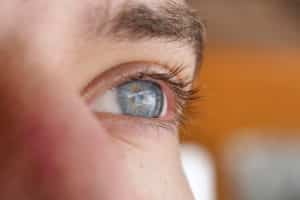Glaucoma is a group of eye conditions that cause damage to the optic nerve at the back of your eye. The damage comes as a result of high pressure in the eye, which causes our vision to decline.
All ages are vulnerable to it, but it is most common in older adults and can cause blindness.
Symptoms may not be obvious until the condition reaches an advanced stage, so it is imperative to have regular eye check-ups to diagnose and treat it early.
Any vision loss due to glaucoma cannot be reversed.

What are the common symptoms of glaucoma?
The symptoms you experience will depend on the type of glaucoma you have and how advanced it is:
Acute angle-closure glaucoma
- Headaches and eye pain
- Blurred vision
- Nausea/vomiting
- Halos around lights
- Rainbows around light
- Redness in the eyes
Open-angle glaucoma (the most common type of glaucoma)
- Tunnel vision or loss of peripheral vision (usually noticable in the later stages)
Unless you have advanced open-angle glaucoma you are very unlikely to have any symptoms, which is why open-angle glaucoma is also known as the “silent thief of sight”.
What can I do to prevent glaucoma?
As previously mentioned, the most important thing is to have regular check-ups for your eyes. This is the only way to identify and diagnose glaucoma in the early stages to treat it early and avoid significant loss of vision.
Additionally, you can do the following things to minimise eye pressure:
- Eat healthily: This can help maintain good eye health. Vitamins A, C and E are important; as are zinc, copper and selenium.
- Exercise: This may help reduce eye pressure, though certain exercises (like head tilting) can increase pressure over the head.
- Treat underlying conditions: Things like hypertension, diabetes or heart disease can cause or worsen glaucoma if not managed properly.
- Take medication as advised: Taking prescription eye drops and other medications when advised by the doctor can be helpful.
How can glaucoma be treated?
The damage that glaucoma causes cannot be reversed. This is why it is so important to have regular check-ups to diagnose it early. With regular treatment and follow-ups, vision loss can be slowed or prevented, particularly in the early stages. Treatment may include:
- Prescription eye drops like Prostaglandins, Beta-Blockers or Alpha-Adrenergic Agonists.
- Oral medications like carbonic anhydrase inhibitors.
- Surgeries like laser therapy, trabeculectomy, eye drainage or minimally-invasive glaucoma surgery (MIGS).
Be proactive
Glaucoma is a common cause of blindness in people over 60 but also affects people much younger. None of us wants to suffer irreversible vision loss. This is why it is so important to see your optician regularly for check-ups so that it can be identified early and treated accordingly. The prevention tips in this article will help too, but check-ups are essential.
At Pacific Eye Clinic, we have been treating patients in Southport on the Gold Coast for more than 20 years. Our experienced team and well-equipped clinic mean we can handle a wide range of procedures and diagnostic techniques. Contact us today to speak to one of our friendly team and book an appointment.
Author

Dr Marc Wei
Dr. Marc Wei is the principal specialist laser and cataract surgeon at Pacific Eye Clinic in Southport on the Gold Coast. He has 20 years of trusted experience in advanced laser cataract surgery and has completed more than 15,000 procedures over the course of his career.

Dr Marc Wei
Dr. Marc Wei is the principal specialist laser and cataract surgeon at Pacific Eye Clinic in Southport on the Gold Coast. He has 20 years of trusted experience in advanced laser cataract surgery and has completed more than 15,000 procedures over the course of his career.

